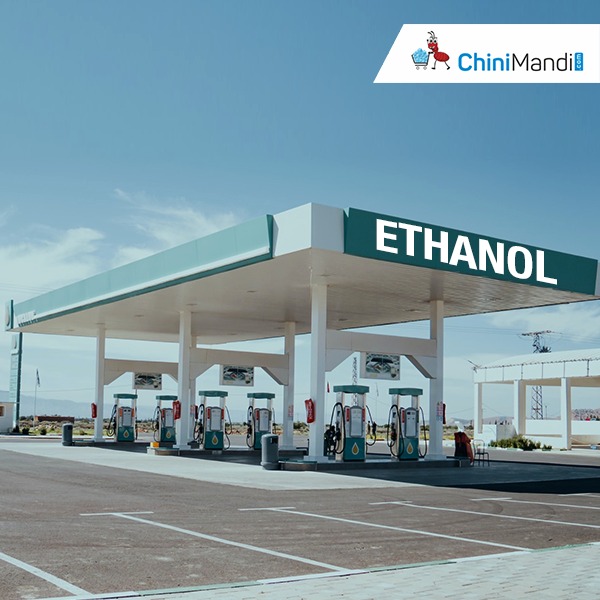Chennai: Anna University and Hindustan Petroleum Corporation Limited’s Green Research and Development Centre in Bengaluru have signed an agreement to scale up a process developed by the university for producing cellulase enzymes used in the manufacture of cellulosic ethanol (2G ethanol), reported The Hindu.
Large-scale production of 2G ethanol would help reduce fuel imports and enhance energy independence. It could also increase the ethanol blend target, alleviate crop burning issues, and reduce air pollution, leading to improved health outcomes, job creation, and additional revenue for farmers.
As per media report, HPCL Green R&D Centre has developed indigenous technologies, such as HP-ASAP for producing bioethanol and HP-RAMP for producing biogas from lignocellulosic biomass. These technologies have been tested at the pilot scale, and various demonstration and commercial-scale plants are planned across the country.
The centre is also working on developing in-house cellulase enzymes for 2G ethanol production, in addition to technologies for producing high-value metabolites through microbial fermentation.
S. Ramalingam and his team at the university’s Biotechnology Department have developed a process for improved production of cellulase enzymes using a selected fungal strain. This process will be shared with HPCL’s Green R&D Centre for further refinement and scaling up.
The collaborative project will broadly involve process transfer and bioprocess improvement at HPGRDC. Anna University will undertake further genetic interventions for strain improvement in collaboration with K. J. Mukherjee, a professor in the Biochemical Engineering and Biotechnology department of the Indian Institute of Technology Delhi.
Initially funded through the DBT Virtual Enzyme Centre, the project focuses on developing enzyme formulations for treating lignocellulosic biomass. The enzymatic steps in biomass hydrolysis account for up to 25% of the total expenses in ethanol production from raw biomass. To address this financial burden, developing efficient blends is crucial for biofuel production, and enzyme production will reduce dependence on external suppliers.












